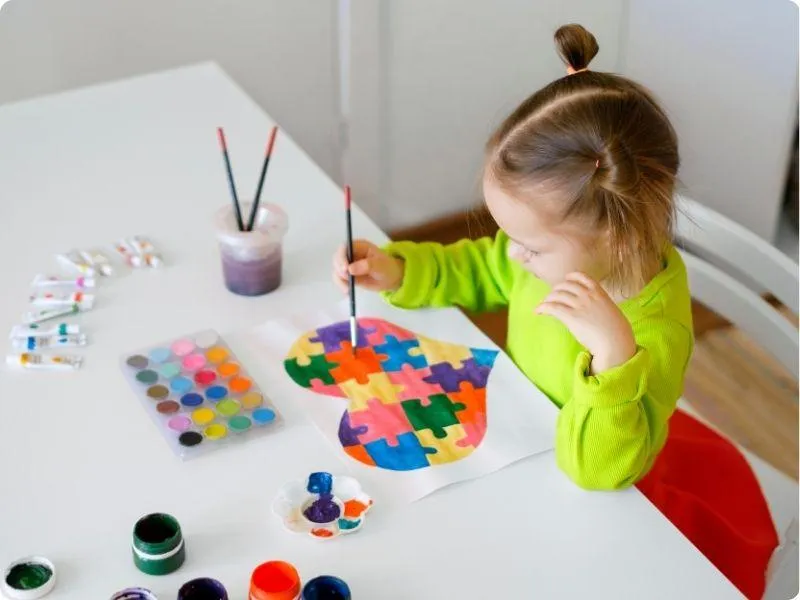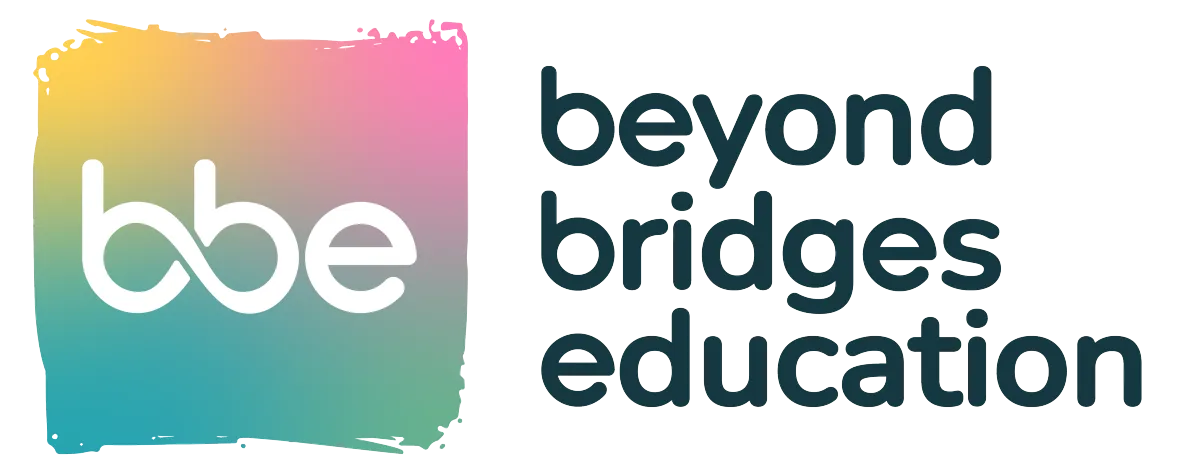




Diving into Neurodiversity
Embracing Unique Minds at BBE
Neurodiversity is a term that is used in the UK and other parts of the world to describe the brain-based, biological and individual differences that exist between all people.
'Neuro' is referring to the brain and its nervous system and 'diversity' refers to the variety or spectrum of individual differences that exist amongst humans.
When we refer to neurodiversity, we are referring to the individual ways that each of us process information we receive from our environments.
Some of us may process information more slowly than others. Some of us might process information with greater intensity than others.
Some of us might process information much faster than others. For example, a dyslexic learner may need more time to process the written word whereas an autistic child may need a less stimulating environment to help them feel more comfortable in their environment.
At BBE, we believe that we all think, feel and behave in unique and individual ways. The work we do helps families, teachers and children to understand how each person thinks, feels and behaves in the world around them, so those supporting them know how to best adapt the environment to better suit the individual needs of the person.

Supporting Every Child
The Meaning of SEND
Special Educational Needs and Disability (SEND) is a legal term to describe the learning difficulties or disabilities that a child has which makes it more difficult than others to participate in daily life or in learning. There are 4 broad categories used to describe SEND which are Communication and Language, Cognition and Learning, Social, Emotional and Mental health, and Physical/Sensory Needs. Examples of types of SEND include Specific Learning Disorder (e.g. dyslexia), Attention deficit hyperactivity disorder (ADHD), Autism and Sensory Processing Disorder.
At BBE, we believe that each individual with SEND has strengths and areas of challenge. We follow a strengths based approach which means that we recognise and value the unique strengths and specialisations that each individual holds, so we can build on them. We believe that it is everyone's responsibility to create an environment, or niche, for each individual to thrive in.
Our Unique Approach
At BBE we underpin all our work with
3 Key Pillars which we call the 3As
Neuro-enhanced Awareness of your child's learning differences (how your child thinks, feels and behaves
Neuro-enhanced Adaptations (practical and gentle adaptations for home and school)
Neuro-enhanced Advocacy (building a team around your child so your child is seen, heard and understood)

Neuro-enhanced Awareness
Understanding your child and how they feel, learn and behave in the way they do is very important. There are so many dynamics at play for your child. Your child is part of a family and social system. Understanding your child within these systems is fundamental when it comes to creating a nurturing environment for your child to thrive in.
How? Our in-depth and unique assessment services move beyond psychometric testing and score patterns. We explore on a much deeper level, through visual mapping tools, your child's academic, emotional and social wellbeing within the systems they belong. This helps us to understand how your child thinks, feels and behaves as well as the experiences which have shaped the world around them.
Our experiences are heavily influenced by social experiences, so understanding your child's early experiences is crucial.
Neuro-enhanced Adaptations
These are gentle, practical and easy to implement flexible strategies to support your child within the family/school system.
Small adaptations can be made to support your child by creating the right environment or 'niche' for your child to thrive in.
Did you know that nonverbal cues plays a crucial role in child development and in the support you put in place at home and at school?
Traditionally, focus has been on verbal communication and cognitive skills, yet the profound significance of nonverbal signals cannot be ignored.
Nonverbal cues such as eye gaze, voice, and touch play a fundamental role in shaping your child's emotional regulation, social interactions and overall well-being.
Did you know that the prosody or sound of your voice can provide non verbal cues for your child? For example, when adults feel stress, we tend to have a flatter voice. A flatter voice does not provide enough data for your child to know what emotional state you are in. When that happens, your child may become emotionally dysregulated as they do not have enough information to respond in kind.
How? Through tips, techniques and tools Signposting to effective strategies
Neuro-enhanced Advocacy
This pillar centres around collaboration and partnership between family, school and the child by Building a Team Around Your Child. This is key to ensuring your child is seen, heard and understood.
How? Our signature service is the Team Around the Child approach.
We are made up of adaptive systems which means that we can all learn to adapt our ways of being. The Team Around the Child ensures that all those involve grow new pathways, just by actively engaging in solving problems together.
This means that BBE can help to untangle the complexities of working with students and families with neurodifferences.

Expert Guidance
Why is it neuro-enhanced?
We underpin all of our approaches with up-to-date neuroscientific findings and theory. Why does this work? We know so much more about how the brain and body work together. We understand so much more about how a child's brain develops and how the experiences in our lives shape our brain development. We know that our brains plastic, in that they are complex but also adaptive which means there is always room for growth
Expert teachers, over time, rely on their high levels of intuition, but with the advances of neuroeducation, we can provide scientific reasons as to why their strategies work! We can also use these findings to inform pedagogical decision-making in your schools.
"At BBE, we believe that we all think, feel and behave in unique and individual ways."
Subscribe to our mailing list
Stay in the loop!
Subscribe to our mailing list for the latest updates on our services, educational news, and valuable tips and advice. Don't miss out on empowering your child's learning journey - sign up today!


